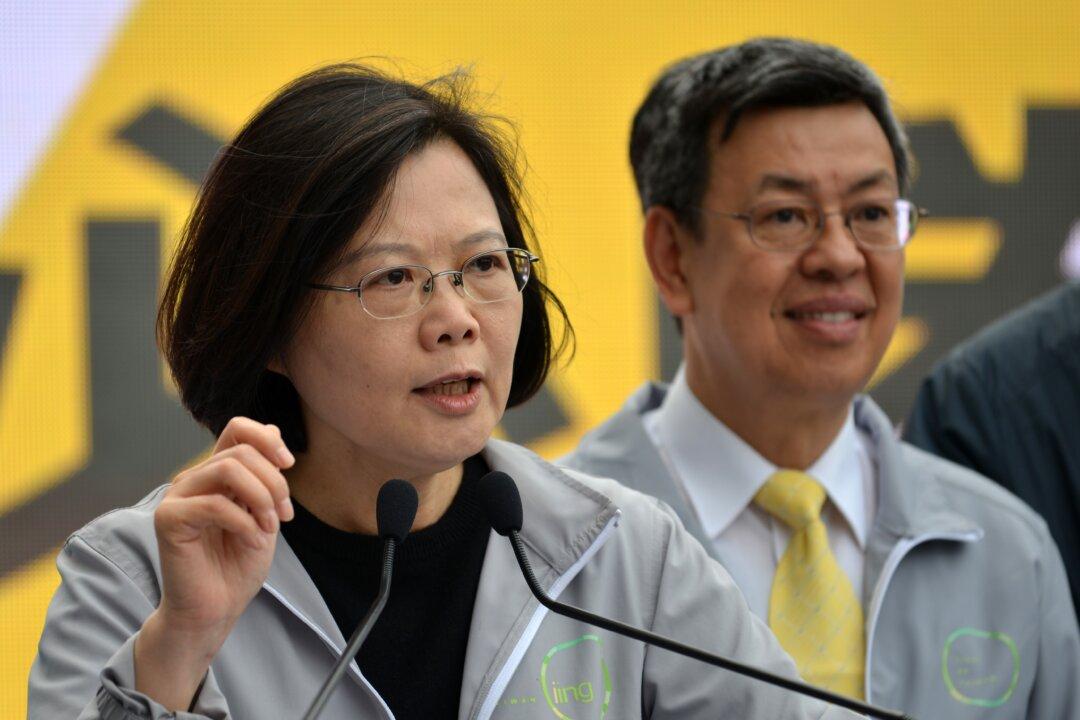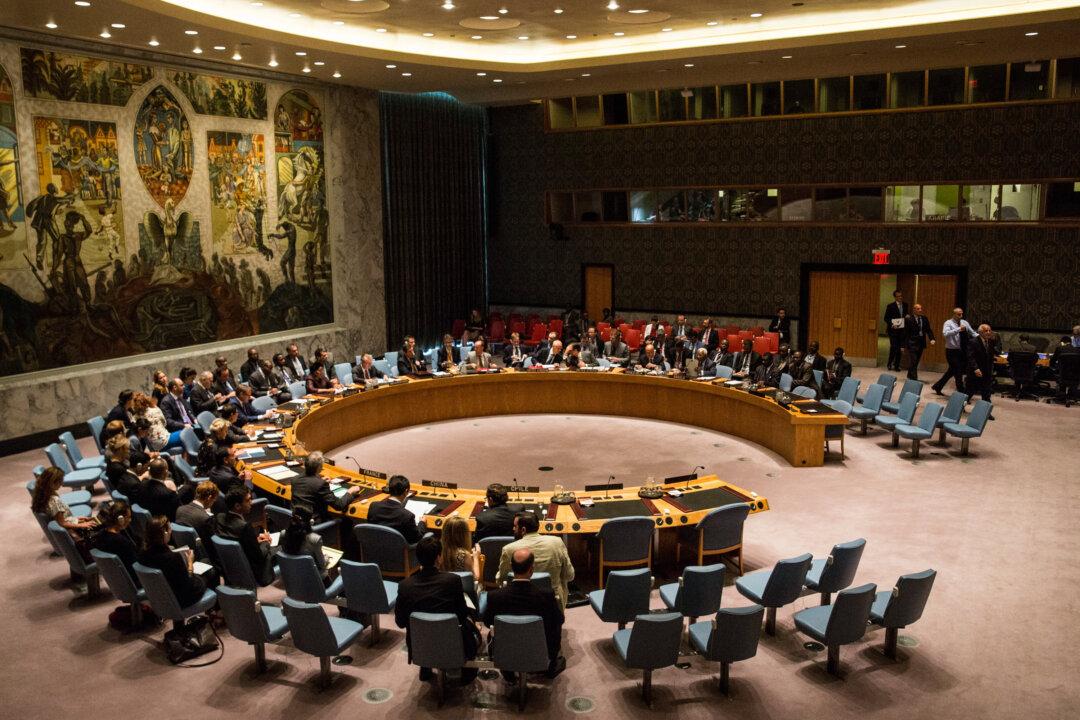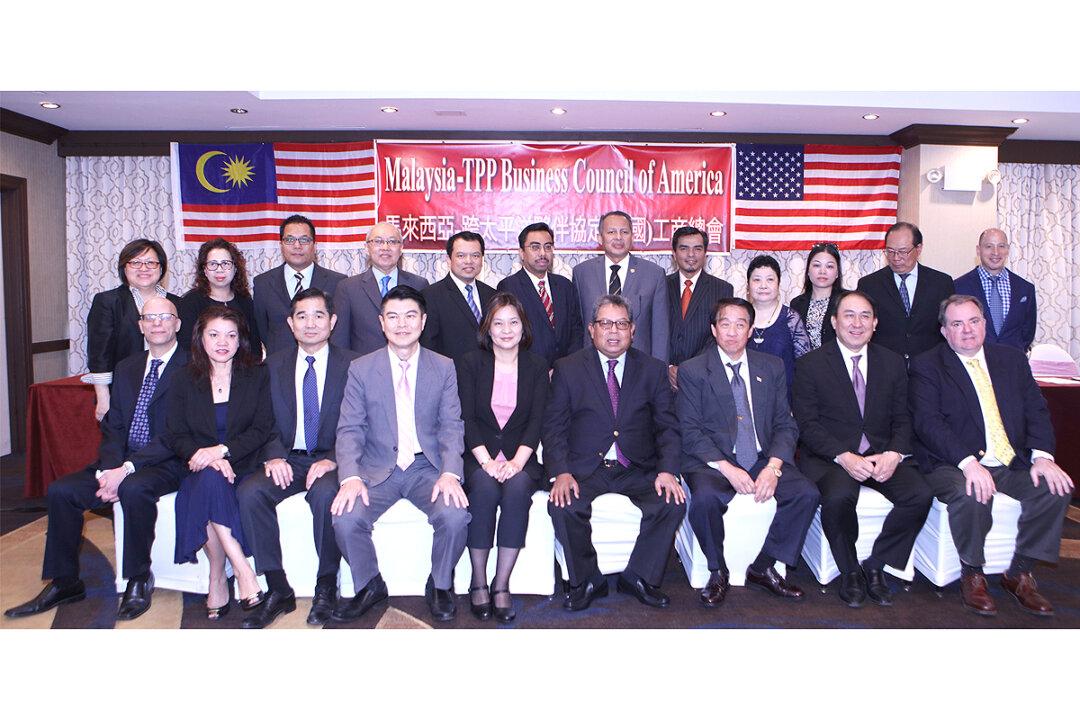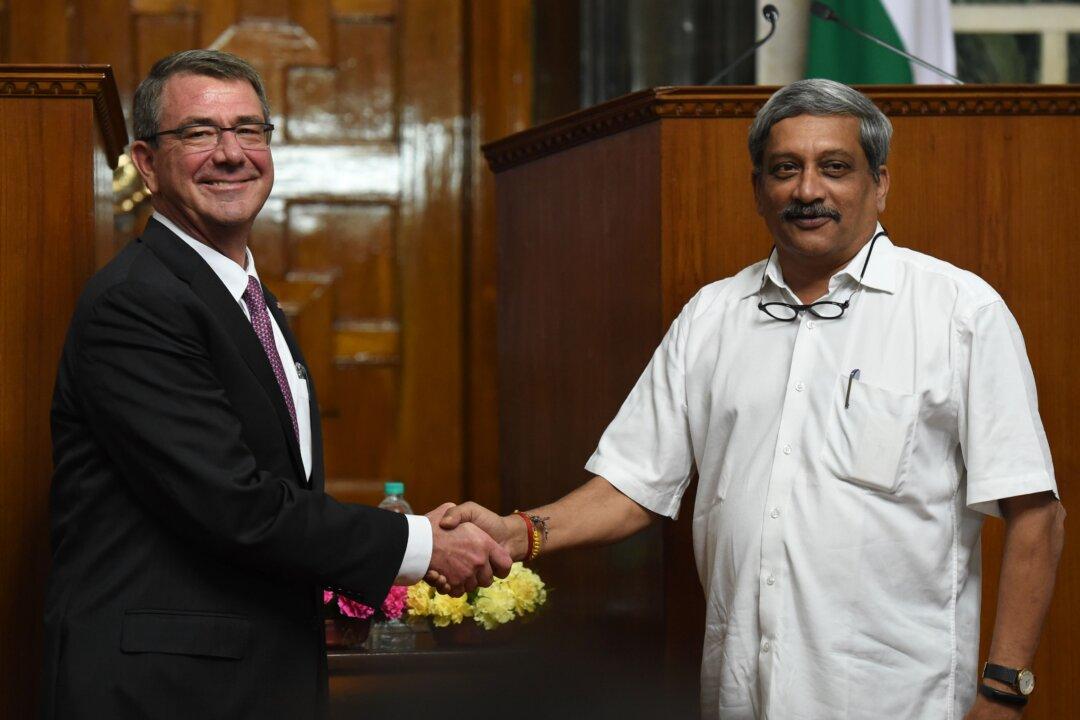Although we hear a great deal about China’s naval-military build-up in the South China Sea to assert its “historic claims” over the oil and gas-rich islands, much to the consternation of other claimants, the real story that many have apparently missed is the prospect of Taiwan’s pro-independence party, the Democratic Progressive Party (DPP), winning the forthcoming election on Jan. 16 in Taiwan, and its impact on ties with the mainland.
A few weeks back, Chinese President Xi Jinping met with Taiwan’s President Ma Ying-jeou in Singapore, apparently, to convey the couched message to Taiwan’s electorate that China would see it as a serious disruption of its relations with the island republic if the DPP was voted to power. China makes no secret of its preference for Ma’s Kuomintang Party which is seen as less strident than the DPP, which talks about “independence” for Taiwan, a renegade province in Beijing’s eyes.
First of all, there is delicious irony in the fact that Xi met Ma in Singapore. China usually opposes in shrill tone any Taiwanese leader being allowed to set foot on the soil of a foreign country; China sees such visits as an attempt to question the mainland’s sovereignty over Taiwan.




